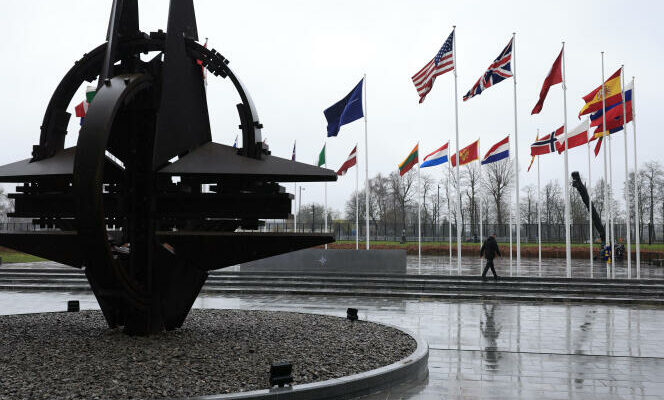LETTER FROM BRUSSELS
In five years, Brexit, the health crisis and the return of war to Europe’s borders have shaken the European Union (EU) and transformed it like never before. As the current European legislative cycle comes to an end and the European elections, scheduled for June 6 and 9, are fast approaching, how can we prepare Europe for the next challenges?
In Brussels and throughout Europe, we are just beginning to think about fueling the debate between the heads of state and government, who will have to define, in June, the program and strategic priorities of the next Commission, which it whether or not chaired by Ursula von der Leyen. More broadly, the Twenty-Seven must provide political and strategic direction for the next twenty years to the 450 million Europeans.
Thursday March 21, the conclave, an assembly brought together by the pro-European association Europa Nova, submitted a report to prepare the Europe of tomorrow, listing proposals to fuel this future debate. “At a time of multiple and continuous crises, leaders are focusing on emergencies. This is often done to the detriment of medium and long term planning”recalls Guillaume Klossa, of Europa Nova, who worked on the drafting of the report, with notably the former French ambassadors Philippe Etienne and Italian Pietro Benassi, the German political scientist Daniela Schwarzer and the former Belgian commissioners Etienne Davignon and Portuguese Antonio Vitorino.
This text, which proposes “seventeen fundamental questions that Europeans must answer in order to remain relevant”is the result of a three-day exchange, at the end of 2023, between around fifty heads of state, political scientists, sherpas, business representatives, trade unionists, scientists, artists and people in charge of NGOs, gathered at the Portuguese presidential palace in Cascais.
“A certain weakness in foresight”
Moreover, recalls Mr. Klossa, an agitator of European ideas for more than twenty years, the process of preparing the European strategic calendar is only just beginning. There is no shortage of European think tanks in Brussels and on the Old Continent, from the Jacques Delors Institute to the European Center for International Relations (ECFR), via the European Center for Political Studies (CEPS), the European Policy Center (ECP) or more sectoral think tanks like the Bruegel Institute… “But there aren’t many circles, forums producing original ideas”notes a European diplomat.
You have 54.57% of this article left to read. The rest is reserved for subscribers.
